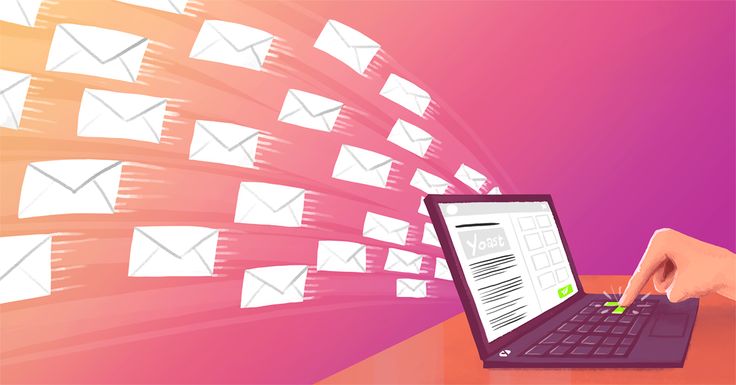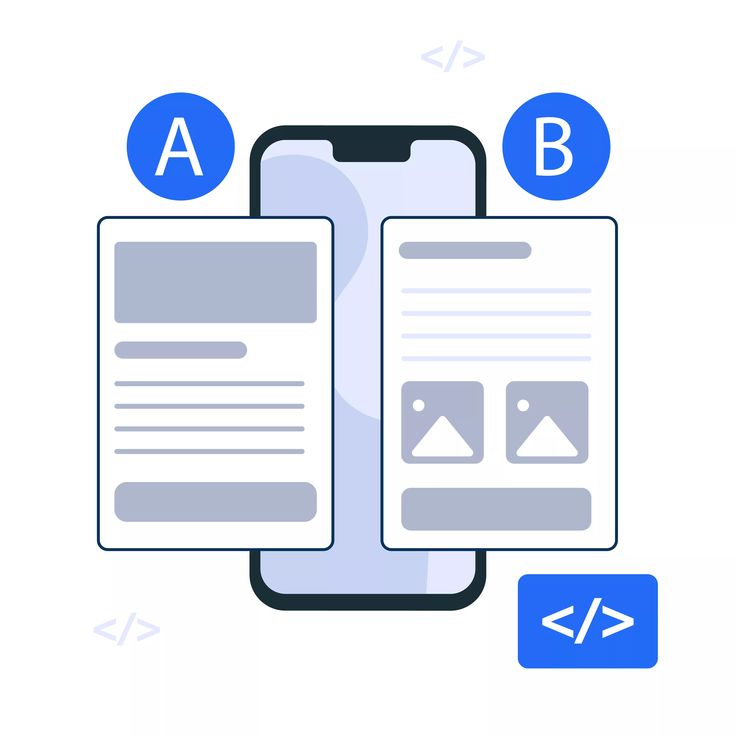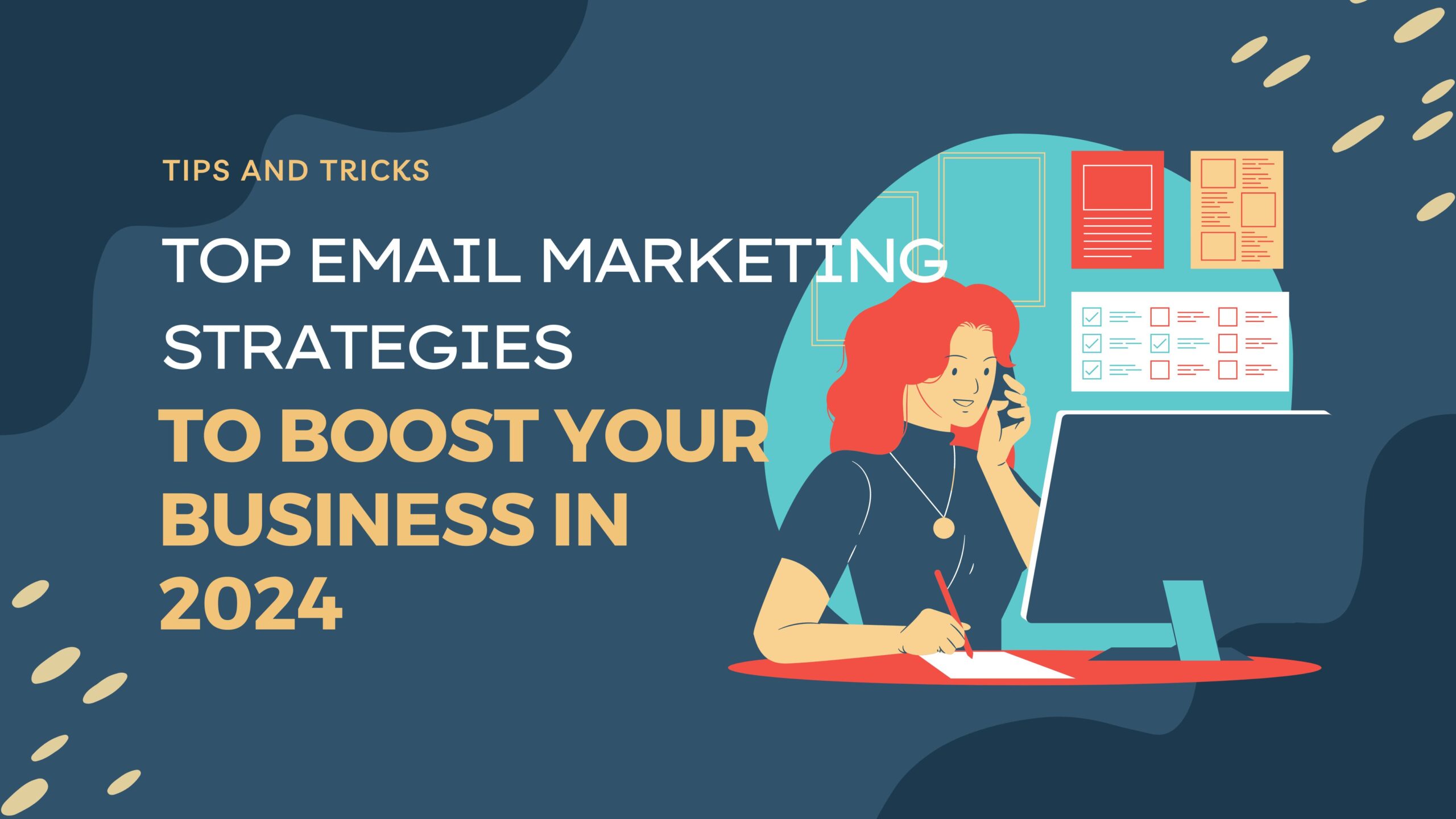Email marketing remains one of the most effective digital marketing strategies, offering a high return on investment (ROI) and direct access to your audience’s inbox.
To stay competitive in 2024, it’s crucial to adapt your email marketing strategies to current trends and best practices. Here are the top email marketing strategies to boost your business this year:

Table of Contents
Personalization and Segmentation
Personalization is no longer just a nice-to-have; it’s essential. Personalized emails can deliver six times higher transaction rates. To personalize your emails effectively:
- Use the recipient’s name in the subject line and body.
- Segment your email list based on demographics, past purchase behavior, and engagement levels.
- Tailor content to specific segments to make it more relevant and engaging.
- Utilize dynamic content to change parts of your email based on the recipient’s interests and behaviors.

Personalization goes beyond just using the recipient’s name; it involves understanding their preferences and needs. By analyzing customer data, you can create targeted campaigns that resonate with specific audience segments, increasing engagement and conversion rates.
Mobile Optimization
With more than half of all emails being opened on mobile devices, mobile optimization is crucial. Ensure that:
- Email templates are responsive, meaning they adapt to different screen sizes.
- Images and text are scalable, providing a seamless reading experience.
- CTA buttons are large and easy to click on a mobile screen.
- Load times are fast to prevent users from abandoning the email.

Mobile optimization also involves creating concise and visually appealing emails. Given the limited screen space, it’s important to use short paragraphs, bullet points, and high-quality images to convey your message effectively.
Interactive Emails
Engage your audience by incorporating interactive elements in your emails:
- Surveys and polls to gather customer feedback.
- Carousels and sliders to showcase multiple products.
- Interactive menus to help recipients navigate content without leaving the email.
- GIFs and animations to make the content more engaging.

Interactive emails can significantly enhance user experience, making the content more memorable and encouraging recipients to take action. By integrating interactive elements, you can make your emails stand out in crowded inboxes.
Automation and Drip Campaigns
Automated email campaigns save time and increase efficiency:
- Welcome emails for new subscribers to introduce your brand.
- Abandoned cart emails to remind customers of items left in their shopping carts.
- Re-engagement campaigns to win back inactive subscribers.
- Post-purchase follow-ups to encourage repeat purchases and gather feedback.

Automation allows you to send timely and relevant emails based on specific triggers or user actions. By setting up automated workflows, you can nurture leads, build relationships, and drive conversions without manual intervention.
Quality Content
Content remains king. Ensure your emails provide value to your recipients:

- Educational content, such as how-to guides and industry news.
- Exclusive offers and discounts for email subscribers.
- User-generated content, like testimonials and reviews, to build trust.
- Stories and case studies to showcase real-life examples of your product or service in action.
High-quality content is crucial for keeping your audience engaged and building brand loyalty. Focus on creating valuable, relevant, and compelling content that addresses the needs and interests of your subscribers.
A/B Testing
To continually improve your email performance, use A/B testing:
- Test different subject lines, email layouts, and CTAs.
- Analyze the results to see which variations perform best.
- Implement the winning versions to optimize future campaigns.
- Test send times to determine the optimal times for your audience.

A/B testing allows you to make data-driven decisions and refine your email marketing strategy. By experimenting with different elements and analyzing the results, you can identify what resonates best with your audience and optimize your campaigns for better performance.
Compliance with Privacy Regulations
Staying compliant with regulations like GDPR and CAN-SPAM is non-negotiable:
- Obtain explicit consent before adding anyone to your email list.
- Provide an easy opt-out mechanism in every email.
- Be transparent about how you collect and use data.
- Keep your email list clean by regularly removing inactive subscribers.

Compliance with privacy regulations not only protects your business from legal issues but also builds trust with your audience. Make sure your email practices are transparent, ethical, and respectful of user privacy.
Use of AI and Machine Learning
Incorporate AI and machine learning to enhance your email marketing:
- Predictive analytics to forecast customer behavior and personalize content.
- Automated content creation for subject lines and email copy.
- Advanced segmentation to target the right audience at the right time.
- Personalized product recommendations based on past purchases and browsing behavior.
AI and machine learning can significantly improve the efficiency and effectiveness of your email marketing efforts. By leveraging advanced technologies, you can deliver more personalized and relevant content, increasing engagement and conversions.
Focus on Deliverability
Ensuring your emails land in the inbox and not the spam folder is critical:
- Maintain a clean email list by removing inactive subscribers.
- Authenticate your emails with SPF, DKIM, and DMARC.
- Monitor your sender reputation to keep it high.
- Avoid spammy language and excessive use of images.

Deliverability is crucial for the success of your email marketing campaigns. By following best practices and maintaining a good sender reputation, you can ensure that your emails reach the intended recipients and avoid being marked as spam.
Integration with Other Marketing Channels
Maximize your reach by integrating email marketing with other channels:
- Social media integration to promote your email sign-up.
- Content marketing to provide value through blogs and articles.
- PPC campaigns to drive traffic to your email subscription page.
- CRM systems to track customer interactions and personalize email campaigns.
Integration with other marketing channels allows you to create a cohesive and consistent brand experience. By leveraging multiple channels, you can amplify your message and reach a broader audience.
Conclusion
Email marketing is a dynamic and powerful tool for growing your business in 2024.
By implementing these strategies—personalization, mobile optimization, interactive elements, automation, quality content, A/B testing, compliance, AI integration, deliverability, and cross-channel integration—you can enhance your email marketing efforts, drive engagement, and boost conversions.
FAQs
- How often should I send marketing emails?
The frequency depends on your audience and industry. Generally, once a week is a good starting point, but you should monitor engagement and adjust accordingly.
- What metrics should I track for email marketing success?
Key metrics include open rates, click-through rates, conversion rates, bounce rates, and unsubscribe rates.
- Can I use purchased email lists for my campaigns?
It’s not recommended due to low engagement rates and potential compliance issues with privacy regulations. Build your list organically instead.
- How can I improve my email open rates?
Improve your open rates by writing compelling subject lines, personalizing your emails, and sending them at optimal times based on your audience’s behavior.
- What is a good email open rate?
A good open rate varies by industry but generally falls between 15-25%. Aim to consistently improve your open rates by testing and optimizing your email content and strategies.
- How do I prevent my emails from going to the spam folder?
To avoid the spam folder, authenticate your emails, use a reputable email service provider, avoid spammy language, and ensure your recipients have opted in to receive your emails.
- What are some examples of interactive elements I can use in emails?
Examples include surveys, polls, GIFs, animations, carousels, and interactive menus. These elements can make your emails more engaging and encourage recipients to interact with your content.
By staying updated with these top email marketing strategies, you can ensure your campaigns remain effective and continue to drive growth for your business in 2024. Implementing these best practices will help you stay ahead of the competition and achieve your marketing goals.
